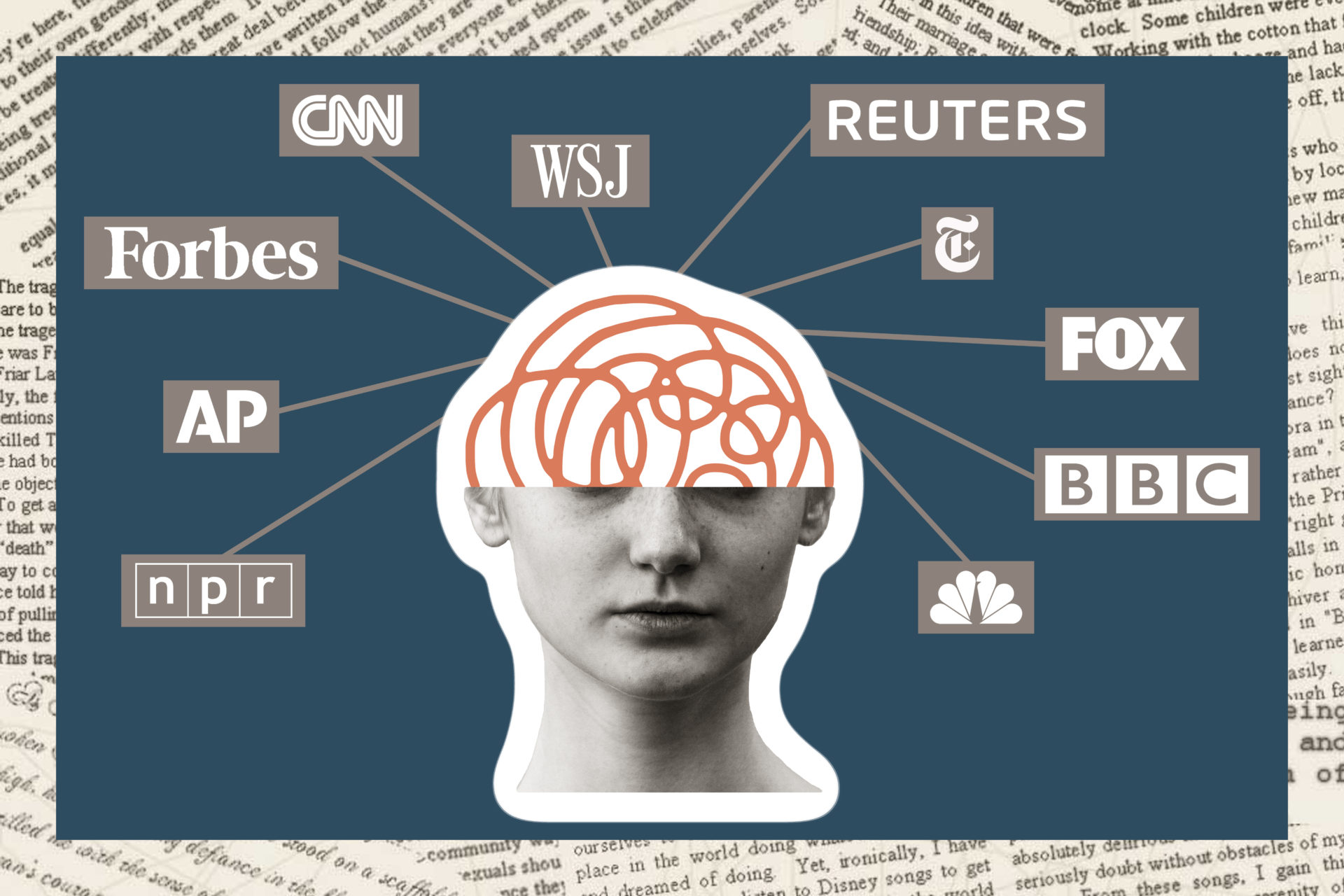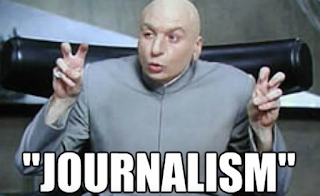Tiffany Schafer
ts998115@ohio.edu
Put your THUMBS down!
Click. Click. Scroll. Click. More. More. Read. Send. Tweet. Post. More. More. Click. Scroll.
In this social communication age, are the boundaries of communication ethics being thrown to the wayside in favor of always having something for consumers to consume? Do profit and greed take precedence over ethical journalism in this social age? Firstly, understanding that any ethical code that a company may have is not "law." These ethical codes are more or less guidelines for journalists to follow and are not strictly adhered to. These ethical codes being considered guidelines is a large contributor to our fractured media ecosystem. Within these guidelines is also the issue that truth is considered a subjective matter for many nowadays, and everybody seems to have their own version of it.
Nonetheless, the push for journalists to keep up with the never-ending news cycle leads to more and more errors in following the ethical guidelines. For instance, publishing articles before you have both sides of the story, just to have something "sent out" for consumers. This causes further media distrust from the public, although the public is the ones tuning in at all hours of the day, creating a double-sided issue of overconsumption by the public and poor or unethical production by journalists.
Opposing thoughts plague this issue, some claim media credibility is on the up and up!
 |
| Image From Tommie Media |
Ethical codes being guidelines can be viewed in different lights. Firstly, journalism can be creative in nature, and enforcing such strict guidelines on journalists can squander their creative abilities. Also, we have freedom of the press in this country, so it would be harder to make anything into law regarding journalism other than obviously illegal things such as inducing panic, etc. On the flip side, journalists' number one priority should be representing the truth, and not a political agenda, personal agenda, or really any sort of agenda for that matter. Journalists should strive to be Switzerland. But, journalists are human and have implicit bias just like the rest of us. Bias is what blurs the lines of ethical journalism in many cases, and ethical codes try to mop up the mess. Do they succeed? I would say no, they do not succeed. I think the ethical codes published by the IAE and PRSA are published in a way to cover themselves but are not enforced or adhered to.
 |
| "journalists" (image linked, just click) |
Only in the world of journalism can a journalist omit facts, leave out a side of the story, blatantly lie, and keep their jobs. If journalists were held to a standard, like doctors if they malpractice, or accountants if they skew numbers in favor of their clients, maybe we would be in a better spot as human beings and not pitted against each other at every turn by those who are so-called "committed to the truth."
No comments:
Post a Comment